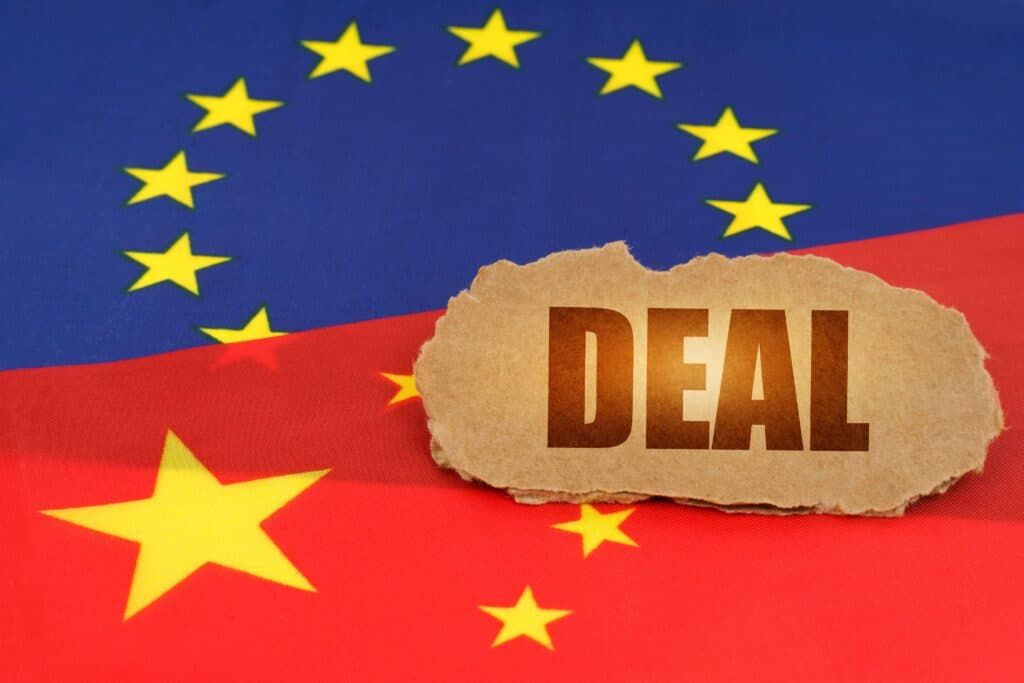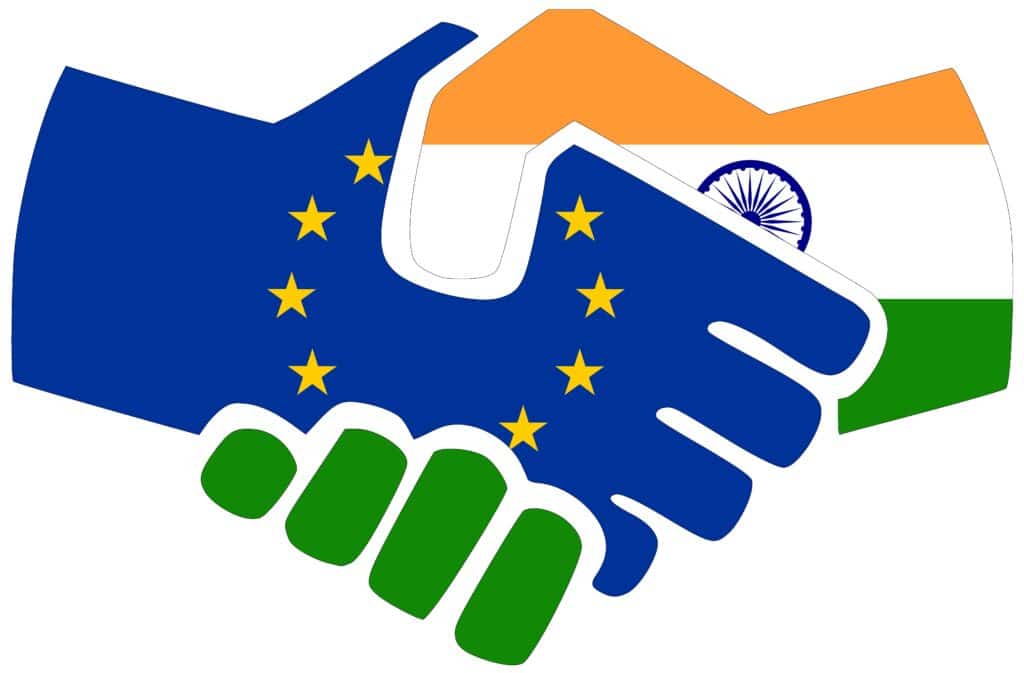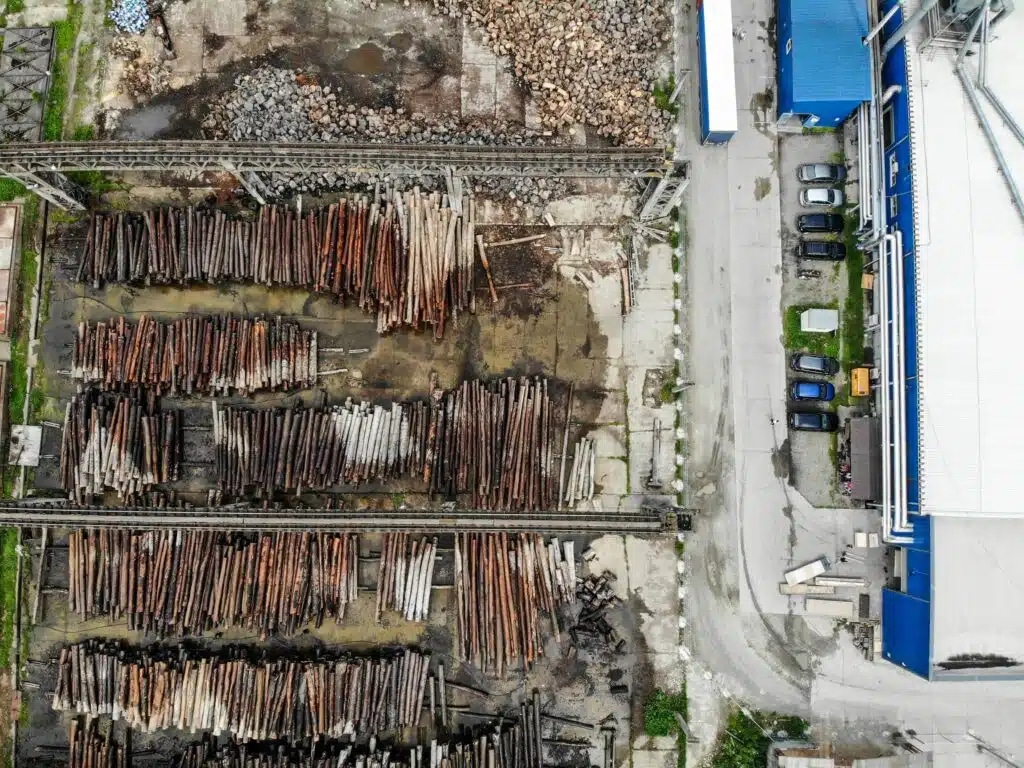The European Union will stand firm and roll out the EUDR without delay, confirming to the World Trade Organization (WTO) that its signature green deal regulation will come into force on December 30, despite new criticism from the WTO’s Director-General Ngozi Okonjo-Iweala.
It comes just days after Wood Central revealed that 73 members of the US Congress—including House Democrats, Republicans, and Independents from all parts of the Country—wrote to President Biden urging a 24-month delay in the rollout of legislation.
However, despite vocal opposition from international trading partners (including China and, most recently, India) and EU member states (including Germany), trade officials have quelled rumours that the EU will delay the rollout, citing its commitment to legal certainty.

“Any postponement would require a legislative change, (and) this would not achieve our goal to provide legal predictability for operators as soon as possible,” the officials told a WTO meeting on Thursday (New York time). “We are therefore focusing on ensuring that all elements necessary for the implementation of the Regulation are ready on time.”
It is not the first time the EU has vowed to push on with the EUDR after European Environmental Commissioner Virginijus Sinkevicius doubled down on the EU’s commitment to roll out the regulation without delay.
“We are hearing feedback from some stakeholders that preparation for implementation may be challenging,” Mr Sinkevicius said in July. “However, we also see encouraging signs in many sectors and countries working to align with EUDR requirements.”
Last week, Wood Central revealed that the Swedish timber industry—which exports two out of three products in the EU and has one of the lowest deforestation profiles —warned that the new legislation “shoots high and crooked.”

Now, petitioning for the Swedish government to lobby for a delay, they argue that the “EU is simply chasing mosquitoes with a shotgun,” with the “incomplete legal framework” creating chaos for the global supply chain for pulp, paper, and timber products.
“The traceability system that uses geolocation data to follow the value chain will not be ready until November, just a month before the law comes into force,” per an open letter co-signed by the Swedish Federation of Wood and Furniture Industry and Swedish Forest Industries Federation.
“Therefore, the only reasonable thing is to give companies more time by postponing the implementation date and at the same time reviewing how the regulation can be made feasible in practice.”
The latest pledge comes as India, negotiating a new Free Trade Agreement with the EU, has cited the EUDR as a significant roadblock “akin to a non-tariff barrier” to a long-awaited €124 billion free trade agreement between the two economies.
Multiple Indian sources with knowledge of the deal said Modi opposes the EUDR (and the Carbon Border Adjustment Mechanism—which taxes imports of steel, cement, and hydrogen) “because these are perceived as instruments of protectionism and act as non-tariff barriers (NTBs).”
“The EU is India’s major market, and mechanisms such as the EUDR would adversely impact the bloc’s exports,” one source said, adding that “the EUDR violates the World Trade Organisation (WTO).”

As it stands, India is hungry to grow its export market for timber products into the EU, with the Netherlands and the Port of Rotterdam, more specifically, among its fastest-growing export markets. According to the Observatory of Economic Complexity (or the OEC), “the main destinations from India include the United States (US $457m), the United Arab Emirates ($68m), Butan ($53.5m), and the Netherlands ($37m).”
India’s concerns came after Wood Central revealed that the EUDR could violate several European laws: “The EUDR is introducing significant uncertainty into the EU market due to its excessive bureaucracy on relevant commodities and products,” said Vasile Andrei Ianovici, a legal expert and vocal critic of the new laws.
“The new law is contrary to the principle of legal certainty, and continuous due diligence required for goods already on the market can be seen as probation diabolical, which is illegal,” Mr Ianovici said, adding that the new laws impose “a double standard” and are in breach of Article 191, paragraph 2 of the Treaty on the Functioning of the European Union.

While global governments and industry have been quick to oppose the December 30 timeframe, the world’s largest environmental groups—including Earthsight—have welcomed the EU’s position.
“Our investigations reveal continued deforestation and illegal practices tied to EU imports,” Earthlight said in a letter to the European Commission last month. The push to delay the EUDR comes despite companies having had years to prepare. The law’s key requirements were evident long before its passing, and Earthsight argues that large corporations, which post billions in profits, can afford the cost of compliance.”
“Many companies have already begun adjusting their supply chains in anticipation of the law’s enforcement, showing delays are unnecessary.”
How the EUDR will work
- The regulation will assign regions within countries inside and outside the EU a low, standard, or high-risk level associated with deforestation and forest degradation.
- This risk classification will guide the obligations of various operators and the authorities in member states to perform inspections and controls. Consequently, this will streamline monitoring for high-risk regions and simplify due diligence processes for low-risk regions.
- Authorities responsible for these areas must inspect 9% of operators and traders dealing with products from high-risk regions, 3% from standard-risk areas, and 1% from low-risk regions. This inspection aims to confirm whether they are effectively meeting the obligations stipulated by the regulation.
- Further, these competent authorities will inspect 9% of relevant goods and products either placed on their market, made available, or exported by high-risk regions.
- Lastly, the EU plans to enhance its cooperation with partner countries, focusing primarily on high-risk areas.
To learn about the US $2.5 billion compliance cost associated with the new regulation, click here for Wood Central’s special feature.






